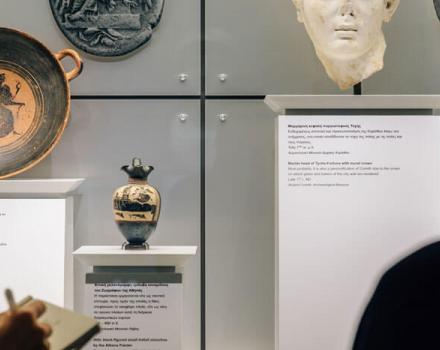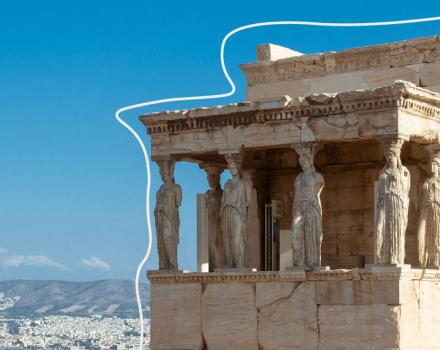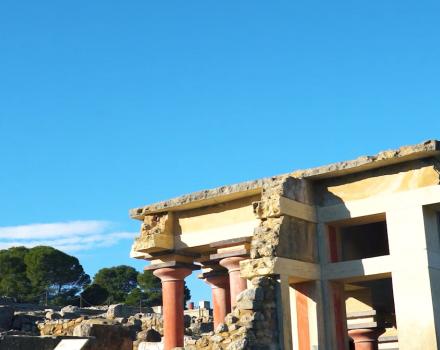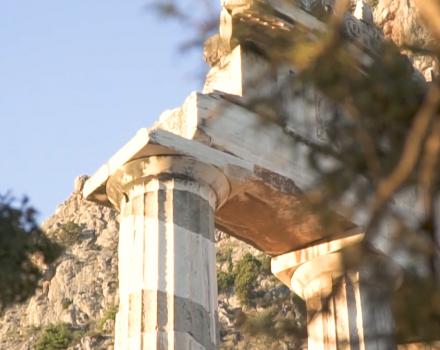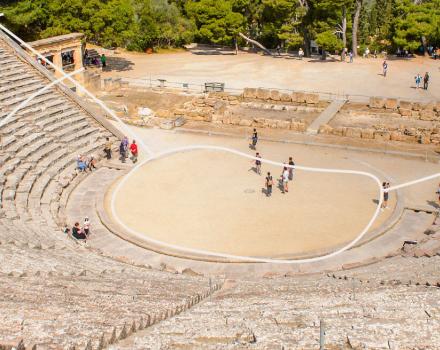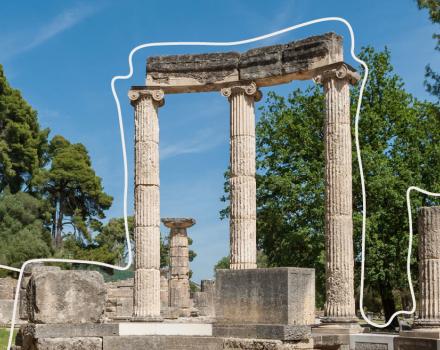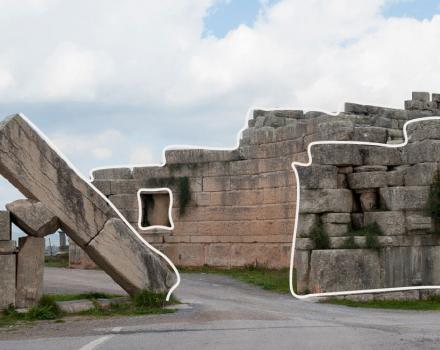"Then Achilles’ shade came. . . Resourceful Odysseus, Laertes’ son and Zeus’ child, what a bold man you are! What exploit will your heart ever dream up to top this one? How can you dare to come down into Hades, the dwelling place for the mindless dead?". This is an excerpt from the 11th book of Homer’s "Odyssey", the Underworld where Odysseus, a brilliant narrator, recounts of the shades he met in Hades, when he went down to ask prophet Tiresias for directions for the, widely wanted, homecoming. His nostalgia for Ithaca was so great that he later, even declined the immortality offered by Kalypso, daughter of Atlas, if he stayed with her on her island, Ogygia.
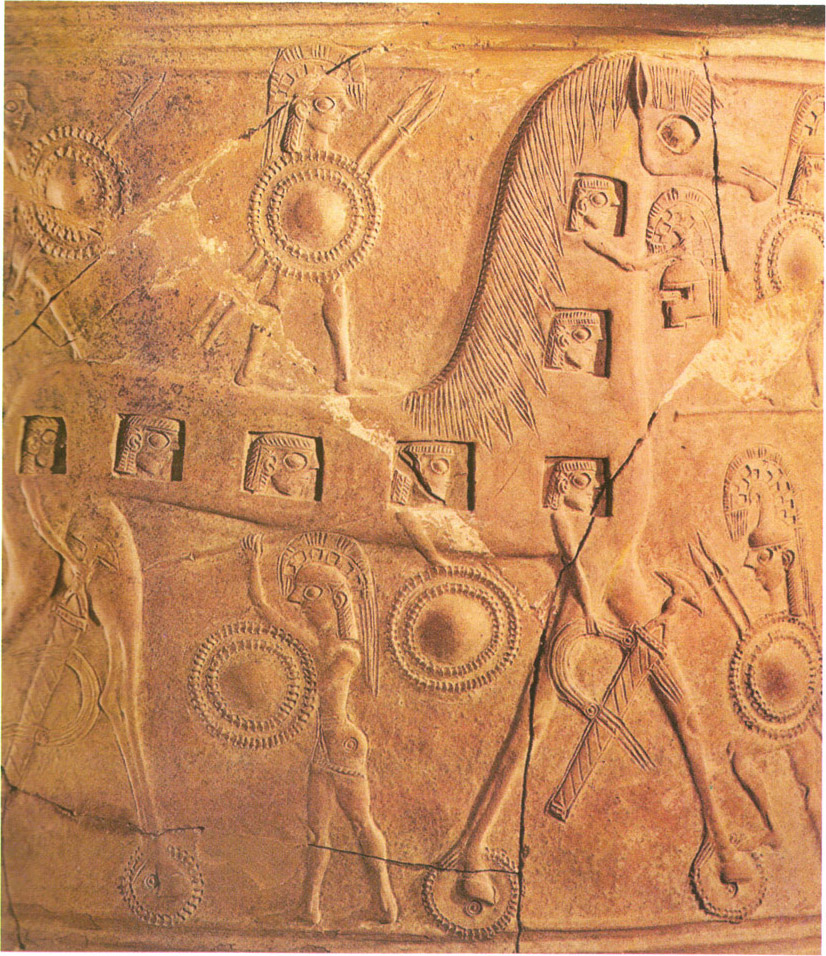
Is the homecoming, Odysseus’ return home that makes this character so beloved in all of mankind, since for this reason he went down into Hades and denied immortality? Homecoming that could also mean “coming back to ourselves”? Are the adventures, the achievements, the faults, the practical cleverness and brilliance of the “resourceful man” that schemes many ways to deal with terrible challenges? All these together with more, with meaning of great importance, judging by the fact that the “Odyssey” still is the greatest narration of the western civilization. It’s not random that Homer’s famous epic was found at the top of BBC Culture’s list with the 100 “fictional stories that shaped the world”. Starting with the “Odyssey”, the best work of all times took the first place, the first 10 places of the list end with the “Iliad”. Also Homer’s work with whom, the Greek and European artistic literature and is considered to be the greatest poet of all times.
"BBC Culture compiled the list of fictional stories that shaped ways of thinking or affected History, addressing to 108 specialists from 35 countries, who chose among books written in 33 different languages
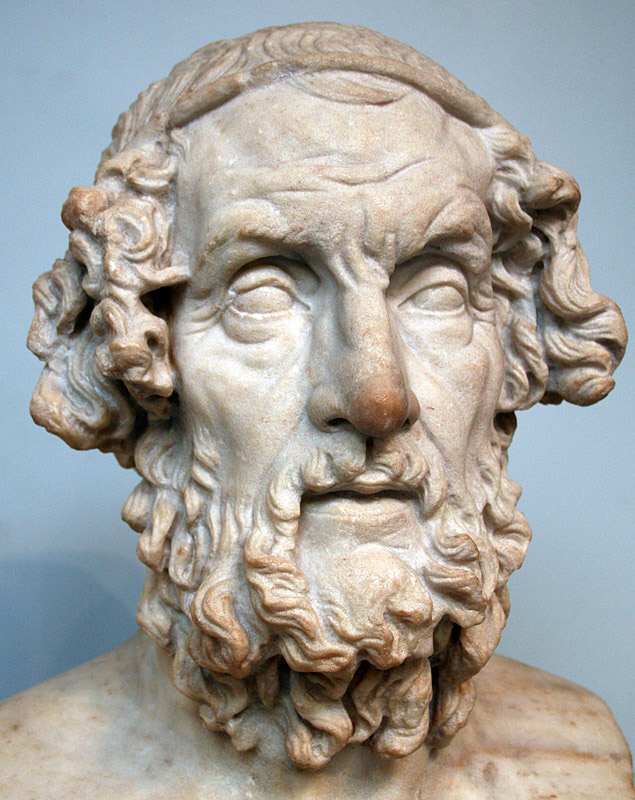
BBC Culture’s list
The research began in April, when BBC Culture turned to specialists from all over the world asking them to suggest five fictional stories that shaped ways of thinking or affected History. 108 writers, academics, journalists, critics and translators from 35 countries responded, choosing books, poems, folk tales, dramas and others, written in 33 different languages. Second on the list is “Uncle Tom’s Cabin” by American writer Harriet Beecher Stowe, printed in 1852 and contributed more that anything else, in the abolition of slavery in the USA.
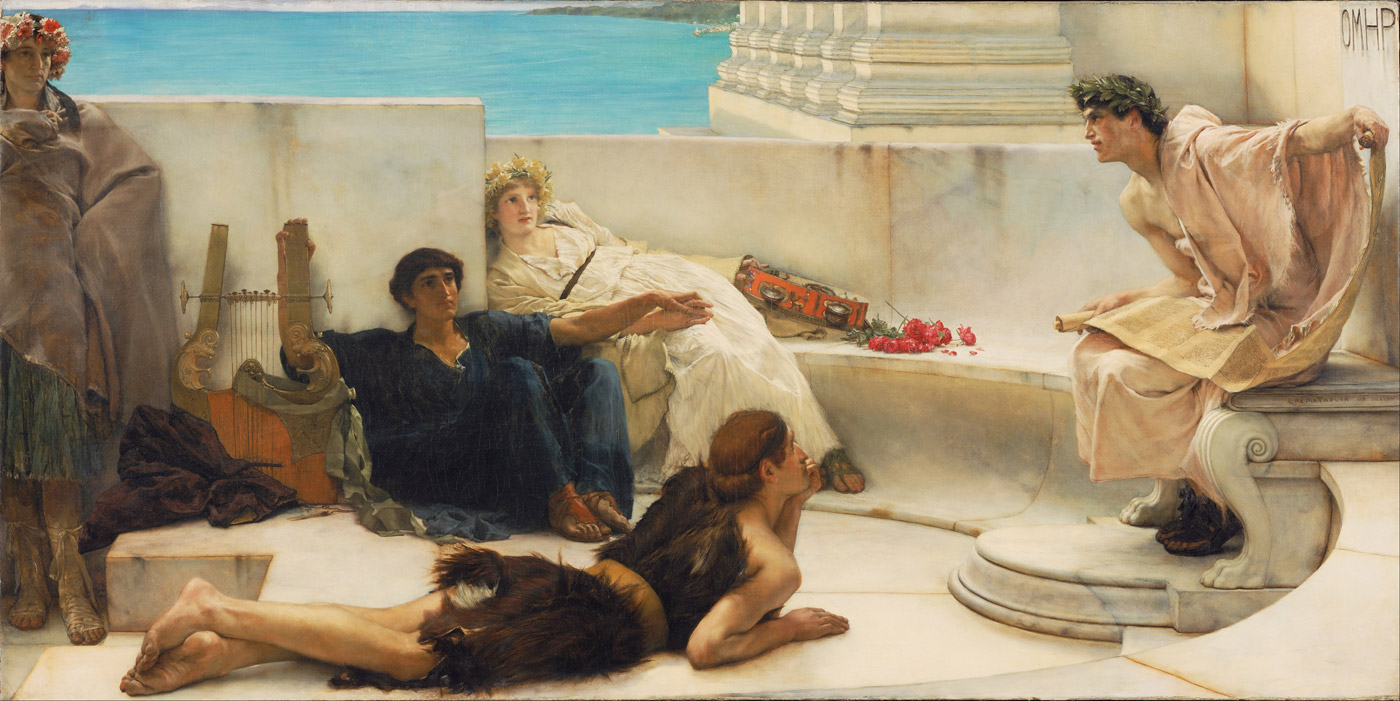
""Odyssey", the best work of all times, according to the list of BBC. With the homecoming as main subject, Odysseus’ return from Troy to Ithaca, and the character’s adventures develop in 12.100 verses
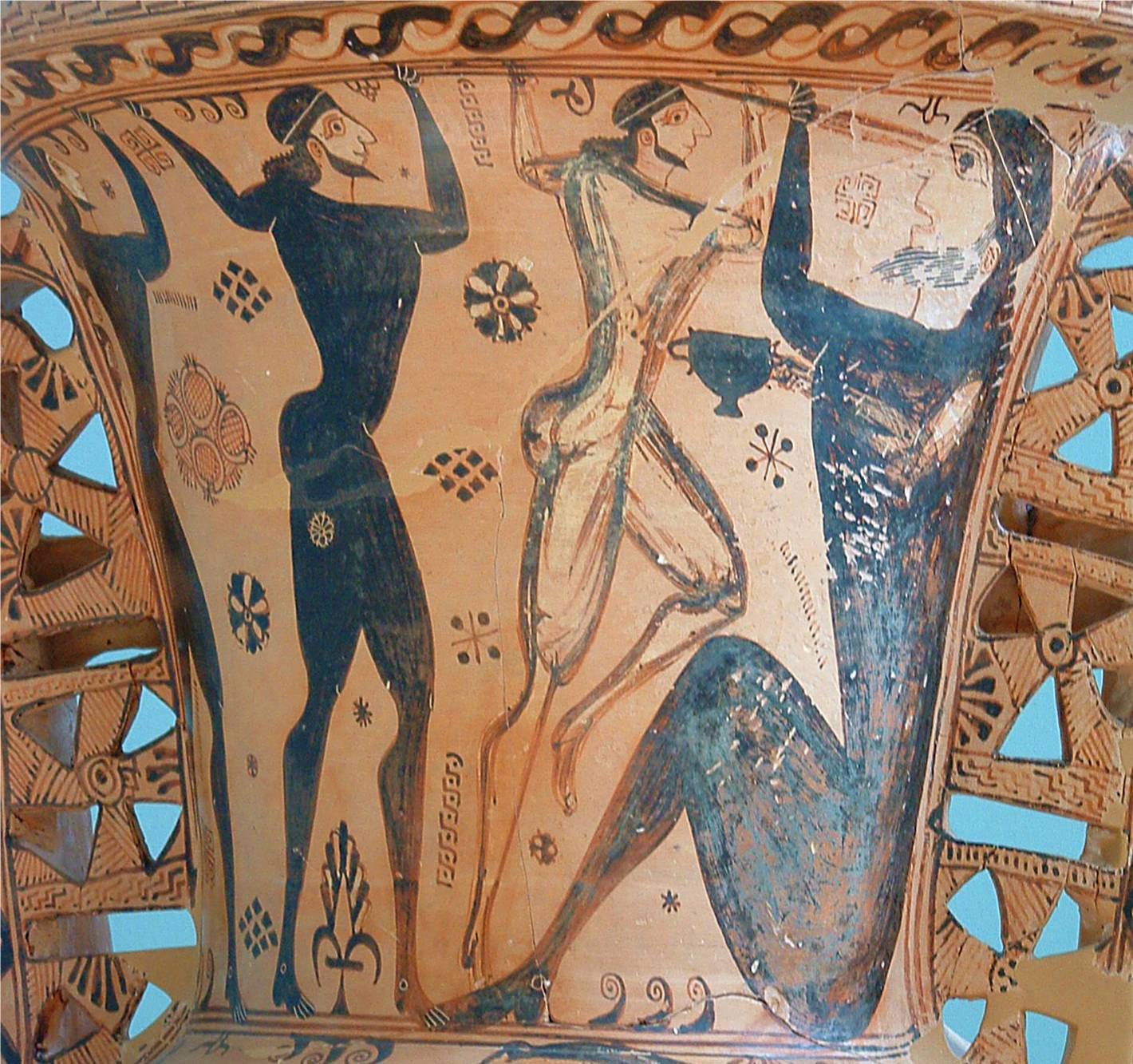
The first two
Why these two took the first two places? As far as the “Odyssey” is concerned, we should remember that its composition is estimated to be at the end of the 8th c. B.C., when writing was a privilege of very few and Homer’s epics where recited. Sitting around the fireplace of their home, the prehistoric people listened to inspired songsters exalting with guitars, the achievements of Odysseus. The shipwrecked hero that wandered in far away seas, traveled in unknown and untrodden lands, met savage and uncivilized people and man-eating monsters. Despite all this, with cunning acts and tricks went back to Ithaca, even escaping the hostility of the Gods. Leading intellectual creations of the ancient Hellenism, Homer’s epics gave Greeks the ability to share common memories and traditions. Among them, the long traditions of traveling in the Mediterranean, with which, the fate of the entire ancient world was indissolubly bound.
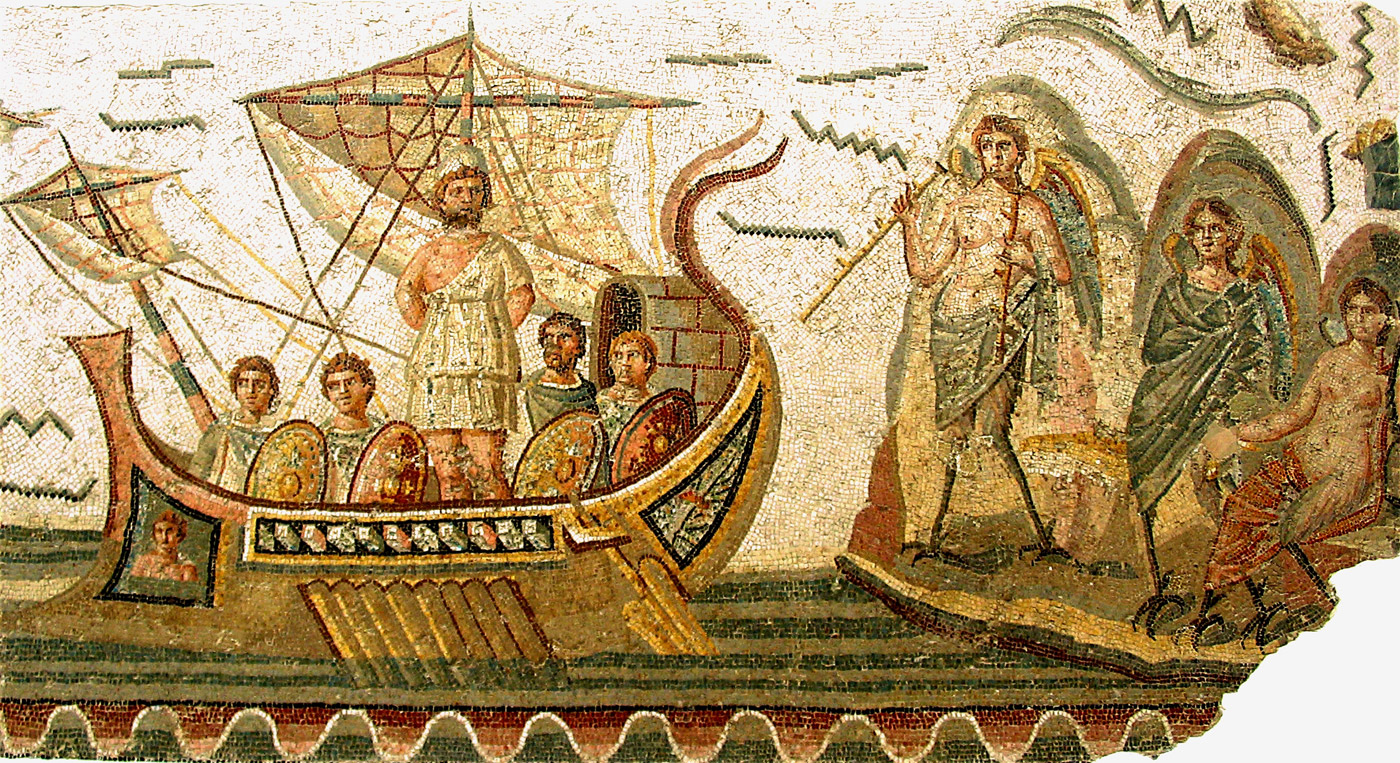
The extraordinary fact about the “Odyssey” is that it survived for centuries, from generation to generation by spoken word, as mentioned by BBC, a fact proving the intertemporal charm it has on people. About the book “Uncle Tom’s Cabin”, the BBC mentions that it was honored because it was the first political novel widely read in the USA.
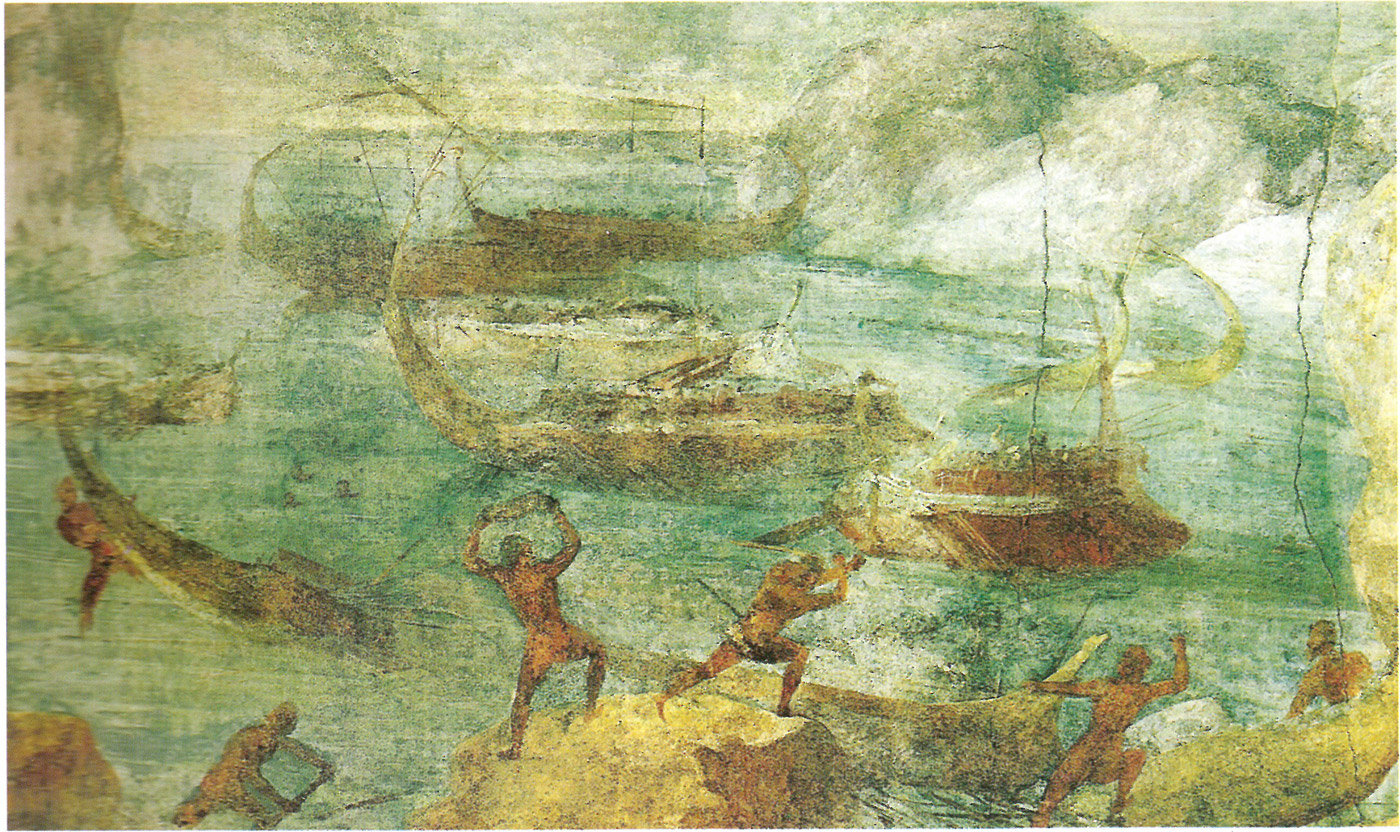
Other Greek stories
BBC Culture’s list, featured as the most popular authors, Shakespeare, Virginia Woolf and Franz Kafka, with three stories each.The full list is comprised by 100 books, widely-read and loved all over the world. As for Greece, besides the "Odyssey" and the "Iliad", there are five more Greek stories. "Aesop’s Myths" (620-560 B.C.), written by the most famous Greek myth-maker, took the 29th place. Following, are four great stories of the ancient Greek literature: "Medea" by Euripides (431 B.C.) in 31st place, "Oedipus the Tyrant" by Sophocles (429 B.C.) in 49th place, "Oresteia" by Aeschylus (5th c. B.C.) in 51st place and "Antigone" by Sophocles (441 B.C.) in 70th place.
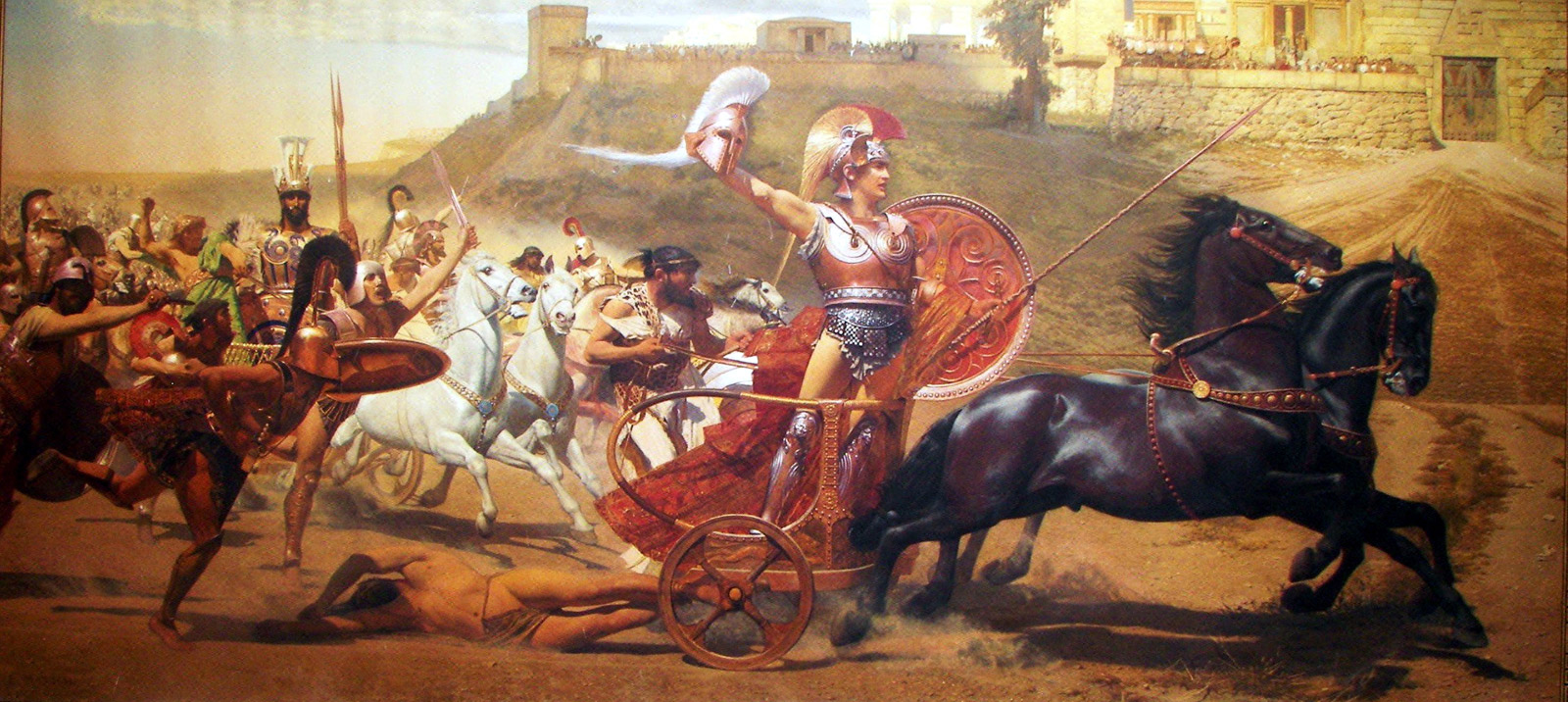
You can see the full list of BBC Culture in the link: http://www.bbc.com/culture/story/20180521-the-100-stories-that-shaped-the-world

